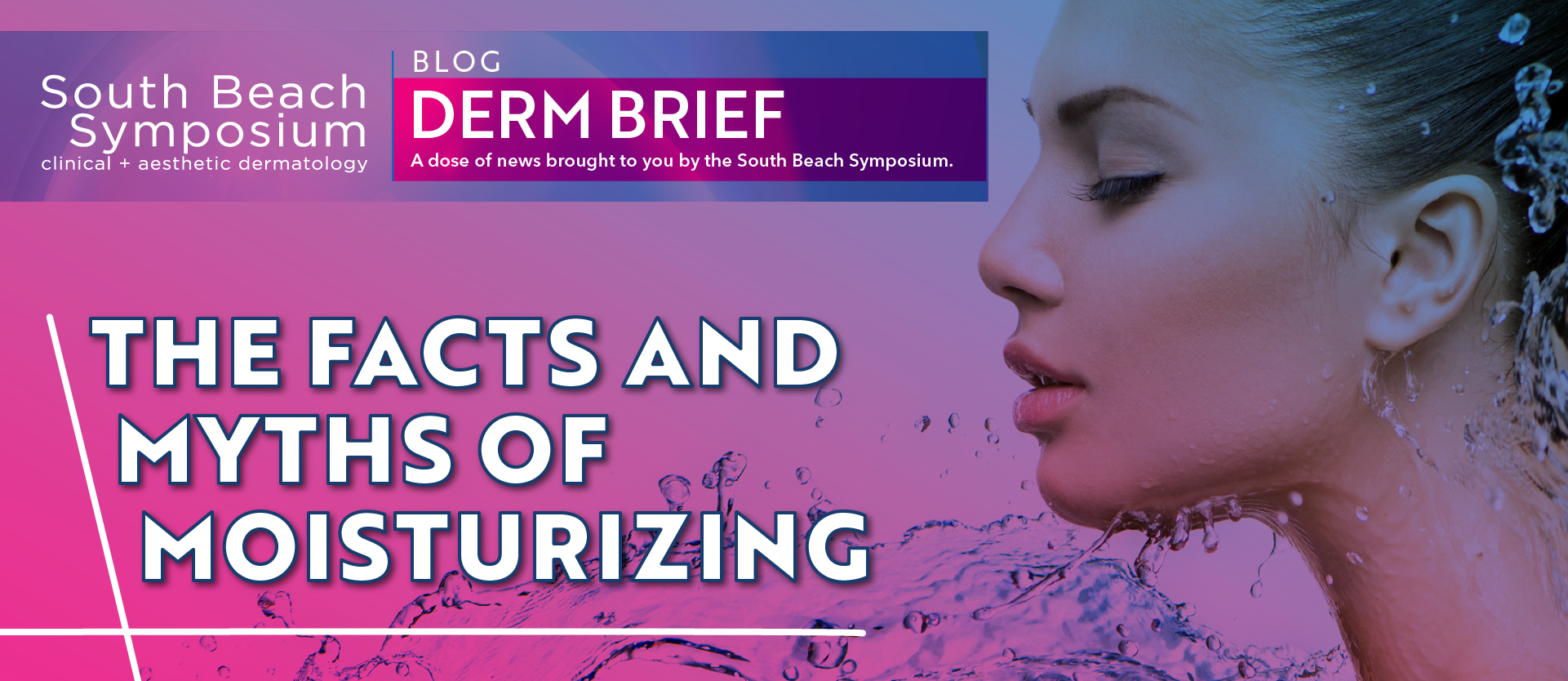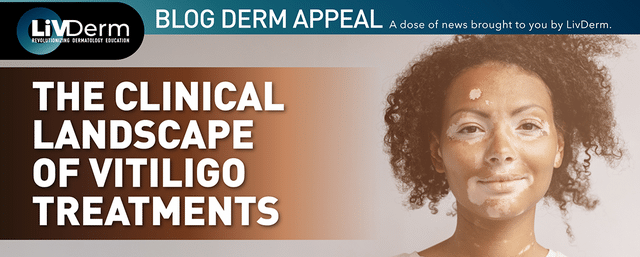A host of external and internal stressors such as age, pollution, nutrition and diet, and weather can have collectively detrimental effects on the skin’s hydration levels. The incidence of skin dryness, medically termed xerosis, increases during the colder, winter months: often exacerbated by other factors including age, psychological stress, and underlying chronic diseases such as diabetes. While the majority of people use moisturizers to combat this commonly occurring issue, the term itself carries little to no scientific implication or consequence—and consumers frequently incorporate moisturizers into daily skin routines.
When determining whether or not moisturizing is necessary for you, it is important to consider the facts and myths behind this skin care phenomenon:
Moisturizing Facts
Types of Moisturizers There are four primary types of moisturizers: emollients, humectants, occlusives, and protein rejuvenators. Emollients, which help with skin barrier function, result in an overall improvement in skin texture and appearance (ex. Squalene, fatty acids). Humectants, substances with water-attracting properties, are used in conjunction with other compounds to retain the skin’s water content (ex. Glycerol, hyaluronic acid). Occlusives are a moisturizer class comprised of oils and waxes, both of which physically block transepidermal water loss (ex. Beeswax, zinc oxide). Finally, protein rejuvenators are proteins that reinvigorate the skin by replenishing essential proteins like collagen and keratin.
Moisturizing Properties: Moisturizing products increase the water content of the stratum corneum: smoothing the skin’s surface, and making it softer and more malleable. The effects of emollients are usually noticeable an hour after use, and last for up to 4 hours.
Anti-Inflammatory Properties: Moisturizers often soothe inflamed skin due to the inhibition of pro-inflammatory prostanoids. Plant oil-based moisturizers specifically have therapeutic benefits, providing local cutaneous anti-inflammatory metabolites which calm the skin.
Sun Protection: Many moisturizers are infused with sunscreen components and provide additional sun protection.
Antipruritic Effects: Certain moisturizers, particularly emollients, inhibit cytokines—the messenger proteins responsible for itching—and ultimately reduce itching sensations. Water-based moisturizers additionally soothe itching by producing a cooling effect caused by water evaporation from the skin’s surface.
Irritation in Sensitive Individuals: While moisturizers are rarely considered hazardous to the skin, they may have adverse effects on people with sensitive skin types. Facial skin is one of the more sensitive areas of the skin: prone to subjective irritation, allergic contact dermatitis, and other potential side effects of commonly used moisturizers.
Moisturizing Myths
All Moisturizers Are the Same: Most moisturizers on the market are formulated with different ingredients, targeted purposes, and specific effects in mind. Certain classes of moisturizers are more effective at controlling skin conditions such as xerosis or atopic dermatitis, while others focus on the more broadly desired effect of skin rejuvenation.
Non-Prescription Moisturizers Are Less Effective: Several studies have revealed equal efficacy between prescription moisturizers and their over-the-counter equivalents.
Moisturizing Creams Are More Effective: A commonly held misconception is that moisturizing creams are more effective than lotions or other dispensing formulations. The efficacy of a moisturizer is largely reliant on the concentration of active ingredients, and not its viscosity.
Topical Medications Double as Moisturizers: Dermatologist-prescribed topical medications are often believed to serve as both an active ingredient and moisturizer; yet in reality, medicinal creams can cause increased water loss due to skin barrier damage. The act of moisturizing coupled with the use of prescribed topical medications will ultimately assist in enhanced therapeutic outcomes.
Whether you are in search of an all-purpose, daily moisturizing cream or hope to address a specific skin concern, knowing the clinical facts behind these products will allow you to select the optimal choice for your skin: and better their usage and efficacy.
















